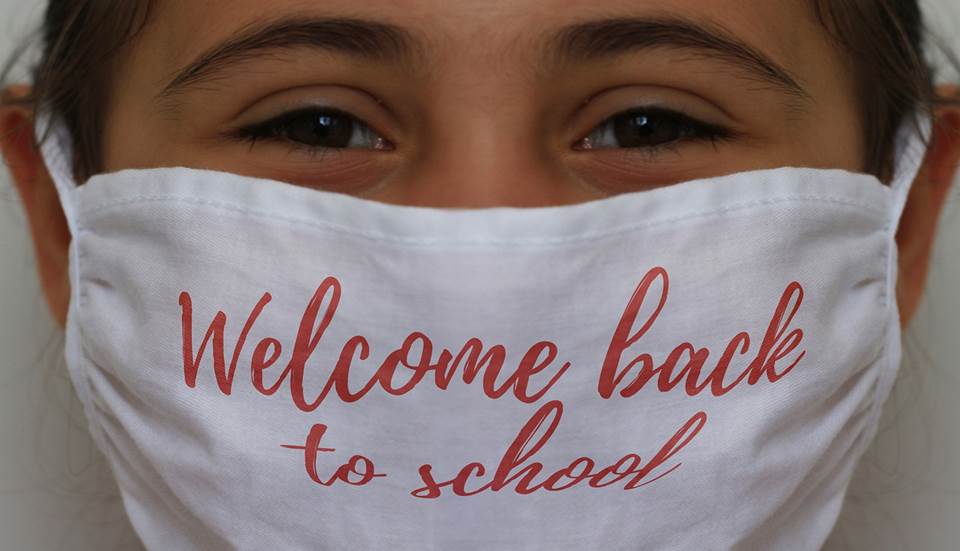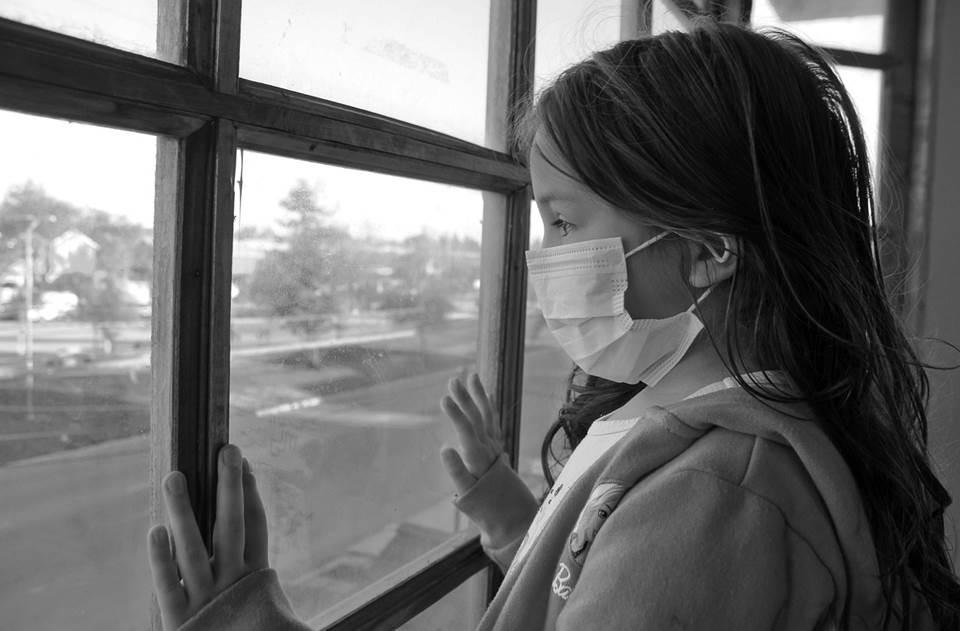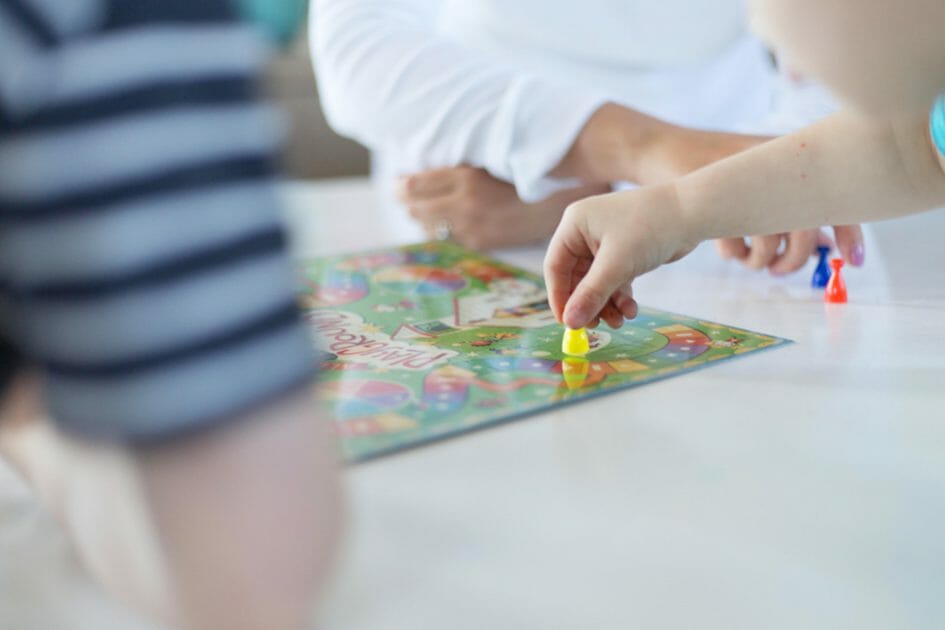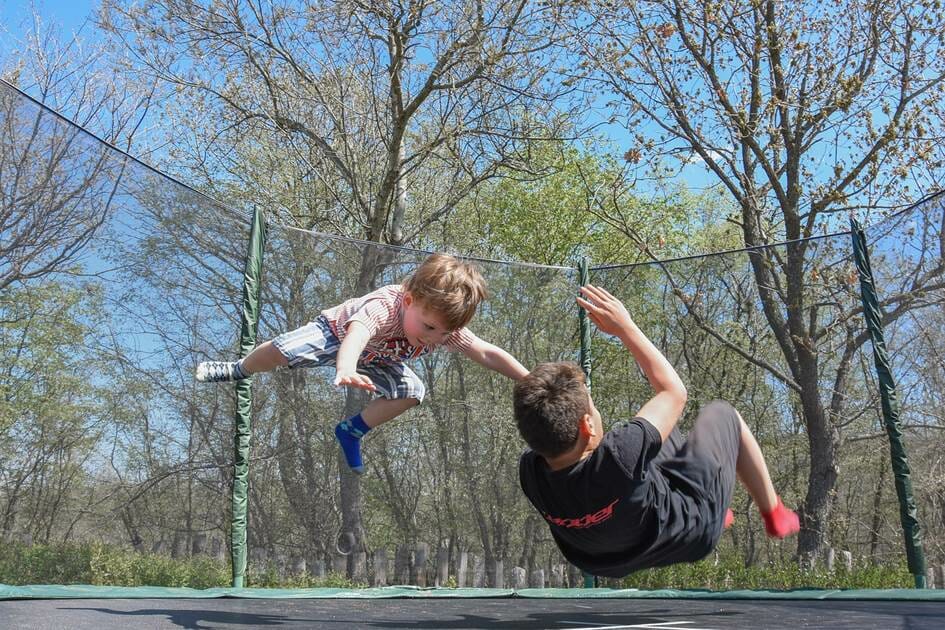
During the COVID-19 pandemic, many parents ask themselves if formal education is enough to give their kids what they need. What was normal before COVID-19 is not the same now. I suggest informal learning instead.
I believe many good things came out of COVID-19. For example, some of my nephews blossomed with remote learning. Unfortunately, some of them, who had been brilliant students before, just collapsed.
Lately, the parents of many of the children I coach told me of real challenges at home. I believe this difficult period highlights challenges each family already had before. The uncertainty, the restrictions, the financial burden, and the isolation just added more pressure into the system and the system no longer copes.
Parents freak out that their children will miss out on schooling and learning, and that they’ll start falling behind.
Sadly, I believe we will see the implications of this virus in the next 10 to 20 years. Not academically, but emotionally. The children today don’t lack formal education and academic knowledge. They lack emotional stamina.
Everywhere in the world today, we are experiencing a social trauma. Since most kids have never learned to deal with their own emotions, this trauma will likely stay with for years.
I deal with parents’ fears with every family I work with. The dependency on the formal education system is unhealthy. If parents understand that formal education is overrated and that informal learning has a lot to give them and their children, they will find some peace.
This is my educational philosophy, and it’s worked well with all my children.
How many years of school do you need?

When Eden, my oldest daughter, was 4.5 years old and didn’t speak any English, we moved to Texas, USA. Since then, she’s moved many countries, many schools, many houses, made many new friends (and said goodbye to many), and traveled the world.
Out of 13 years of school (Kindergarten to 12), Eden attended school less than 9 years. You’re probably wondering where she was the rest of that time. Well, she did what I call “informal education”.
She skipped years due to different school calendars between countries, thanks to her advanced academic abilities, and because her mom and dad always chose traveling over going to school. This way, she spent more time than most kids experiencing the world.
Since she was 12 years old, Eden wanted to become a psychologist. It wasn’t school that turned this passion on. She got it from exposure to different people, from living in diverse cultures, and from curiosity about the human mind.
Eden is 31 years old now, and missing school did not hold her back at all. She’s a clinical psychologist with 3 academic degrees, and living her passion.
Should you choose home schooling?
Personally, I’m against home schooling. I believe that social skills can only develop in the presence of other kids (siblings don’t count) and a variety of people and activities and home schooling can’t give kids those opportunities.
But school isn’t the only option. Children can learn from everything around them. They can learn a lot from hobbies and from experiencing life. School offers formal education, and that’s good, but when it’s not good enough, life has a lot more to offer.

Let kids follow their passion
My son Tsoof was very advanced academically. When he was 4 years old, we moved to Melbourne Australia. When he started school at the age of 5, he was so advanced he started developing a superiority complex and didn’t want to go to school.
I tried bringing him challenging activities to do, but the psychologist who examined him said it won’t help. She recommended moving him to Year 1 in the middle of the year.
So, he spent 6 months in Prep (Kindergarten) and 6 months in Year 1 (1st Grade), then started Year 2. In the middle of Year 2, we moved from Melbourne to Brisbane. On the way, we took an amazing detour of 2 months and travelled through the center of Australia.
The psychologist gave us a letter stating his academic level was equivalent to age 9, 10 and 12 in some areas (he was 6 years old). When we arrived in Brisbane and found him a school, he ended up attending Year 3 for about a month.
The following year, he went to a Year 4/5 composite class, which was great, because he could do some of the activities with the Year 4s and some with the Year 5s. By the time he finished Year 12, he’d just celebrated his 16th birthday.
Next, Tsoof studied Music, completing a 4-year degree as he turned 20.

Whenever we had to choose between sending him to a private or a public school, we chose to invest our money in the things that supported him in an informal way – his hobbies. When he was just 4 years old, he took lessons with 3 different drumming teachers, and for us, that was more important than investing in his academics.
Just so you know, Tsoof was a brilliant student, elected school captain and the busiest student ever. He started school at 7am most days with some music ensemble, and finished at 5pm. Sometimes, even 7pm. In Year 11, he took a university course in music.
Tsoof is 25 years old now. He’s been working for 7 years as a musician, band leader, composer, and percussion teacher. He’s living his passion and doing so well, he recently bought himself a house.
In some of those years, we traveled, and our kids were out of school for several weeks. Everyone said we were irresponsible, but we had no doubt that we were doing the right thing. What kids can learn from formal learning is absolutely nothing, compared to what they can learn from being exposed to informal learning.
Hobbies and extracurricular activities
When our youngest daughter Noff was young, she was the youngest in her class from the first year of school. All her time was filled with extracurricular activities: various types of art, trampolining, ice skating, hip hop, Greek dancing, choir, drama, soccer, and flute (not all at the same time).
If you follow her path, it’s no wonder she chose to become an actor. It’s the informal education that has turned on her passion for acting.
Choose your battles

Every child has a different personality. Some will blossom with remote learning and some won’t. It’s just natural. Clinging to formal education during this crisis is a waste of emotional resources, which you can’t afford right now.
Focus on informal learning and teach your kids flexibility. This is the resource they need now in times of crisis when schooling isn’t what it normally is.
Ask yourself, “What do I want my kids to know?” Then, find creative ways of teaching him that. When kids are emotionally stable, they absorb all the information they receive. When they’re emotionally unstable, information just doesn’t go in.
Your children’s emotional state is way more important now than their academic achievements.
So now,
- They’re not missing math. They’re missing flexibility.
- They’re not missing on science. They’re missing certainty.
- They’re not missing on homework. They’re missing motivation.
- They’re not missing discipline. They’re missing connections.
- They’re not missing someone to tell them what to do. They’re missing comfort.
- They’re not missing grades. They’re missing acceptance.
- They’re not missing tasks and assignments. They’re missing stimulation.
If we’re honest about it, we, the parents, miss our routine, our space, our certainty, and we project those needs onto our kids!
Parents who appreciate the power of informal education don’t disrespect formal education but understand its limits and take responsibility to compensate for the missing parts.
Give your kids some discounts

Give your kids a break! Don’t force them to attend school or remote education. This period is hard as it is. If you think your child is developing resentment, or isn’t coping with the way things are, introduce different ways to learn and grow.
Did you know that in a full 6-hour day at the most amazingly effective school, your child actually learns between 60 and 90 minutes? The rest of the time is for breaks, food, roll calls, behavior management, giving homework, checking homework, exams, and independent learning.
60-90 minutes a day!
Why would you torture your kids for 60-90 minutes you can do on your own in an informal way? Why would you risk them having resentment, pain, fear, and stress from something that’s not working properly for them?
Formal education in areas where restrictions are tight is struggling to survive. It’s not yet able to run proper remote studying. Teachers are struggling because they almost start from scratch and they do it every day. Some of them do it at home, when their own kids are with them, and when they need to help their own children with remote learning.
It’s not working well yet, and your child should not be the Guinea pig.
If your child is struggling with remote learning now, explore informal ways to learn and try to ease the pressure. Remember, your child’s emotional state is way more important than his or her academic level.
You can find some great informal learning ideas in 100 Easy Ways of Entertaining Kids During COVID-19. Modify some of the ideas for learning if you must, but aim for emotional growth, not knowledge.
This is your responsibly! Remember, informal learning is as effective as formal education, if not more.
Stay safe,
Ronit











